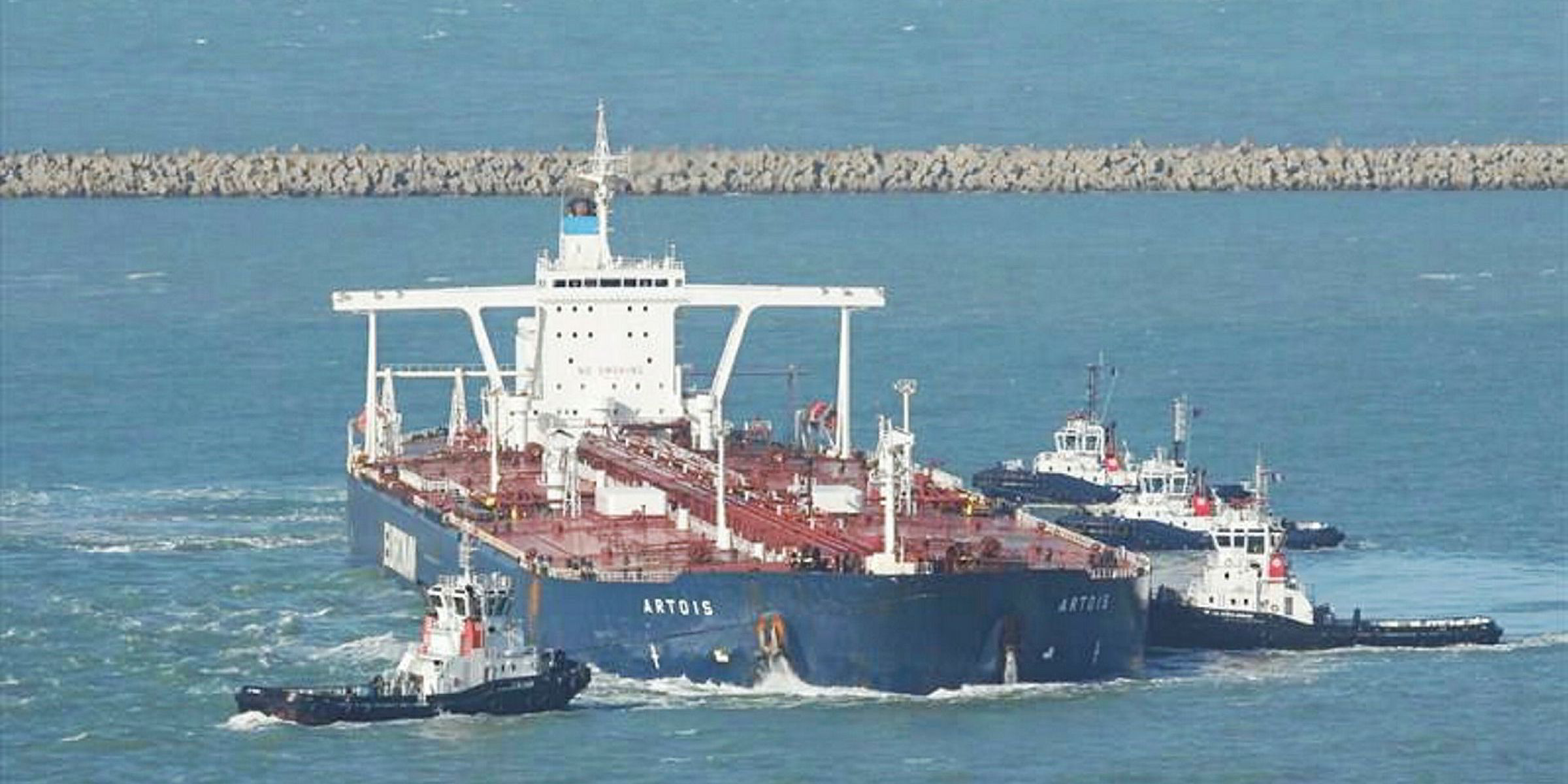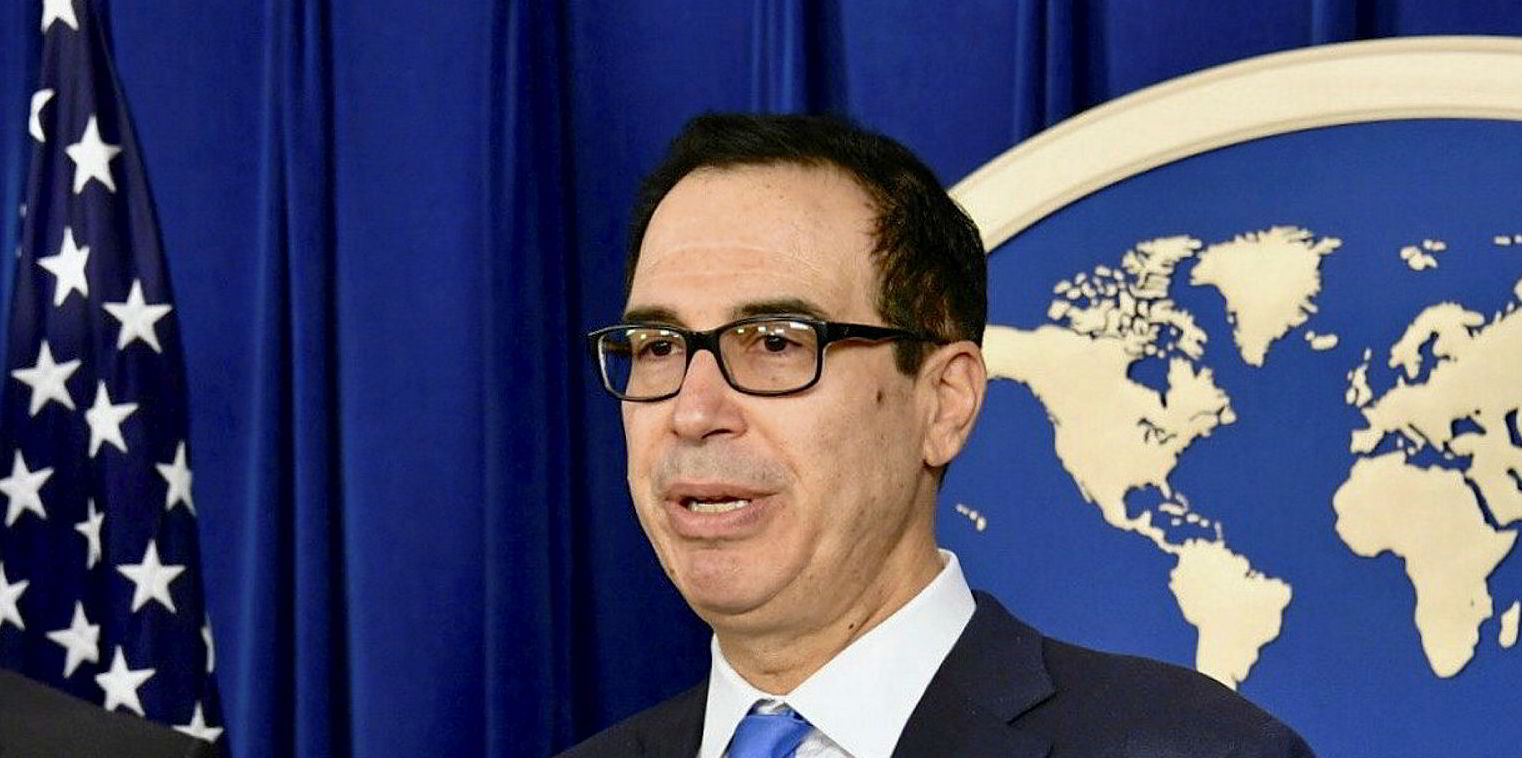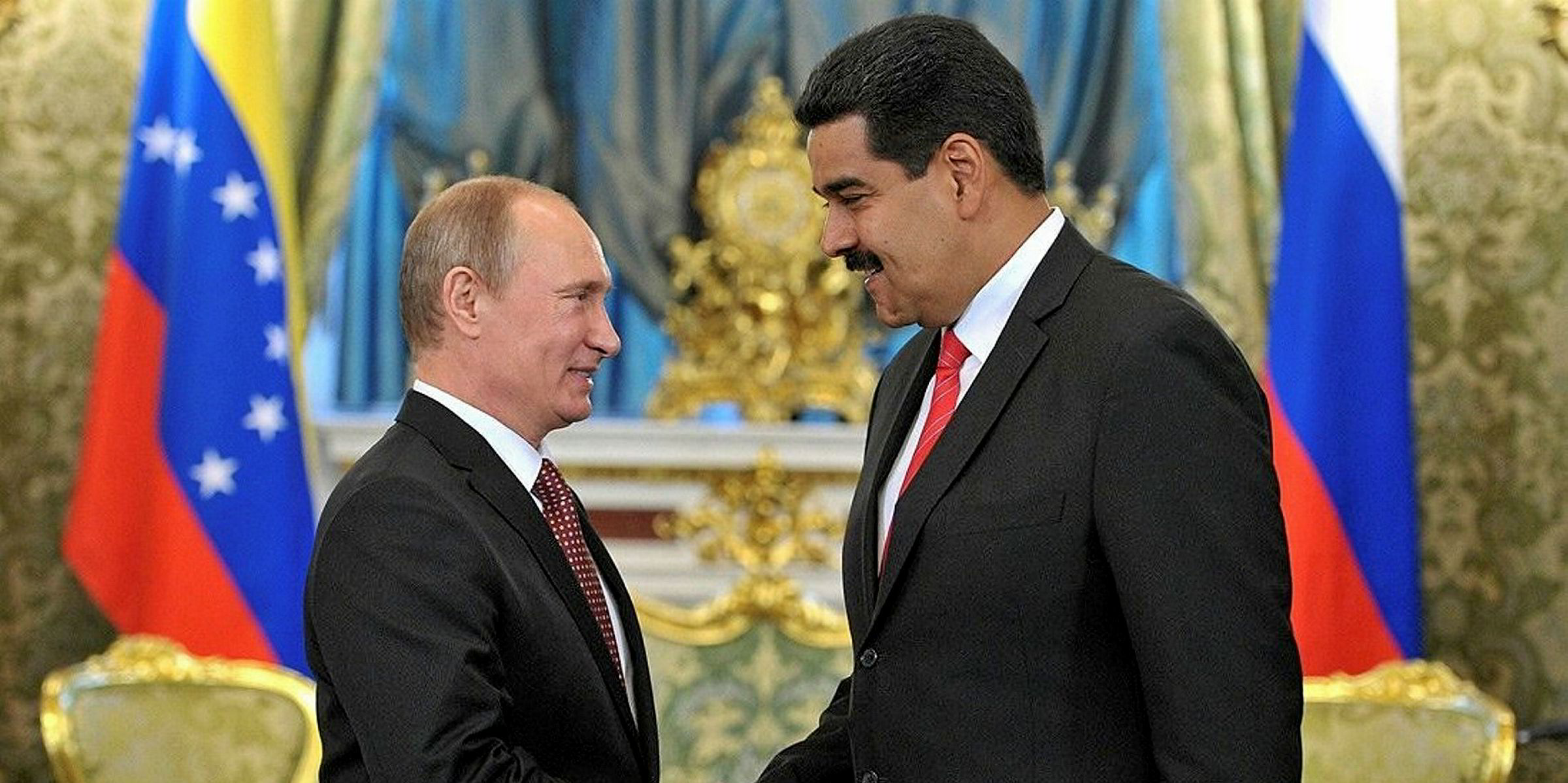Mercantile & Maritime Group has suggested it could cut ties with Rosneft Trading after the Geneva-based trading subsidiary of Russian oil giant Rosneft was put on the sanctions list last month by Washington for transporting Venezuelan oil.
The move comes after the US vowed to sanction more companies involved in trading oil from Venezuela in a bid to drive out President Nicolas Maduro. The effort highlighted vessels carrying out ship-to-ship transfers in particular.
“As a global business operating across the oil and gas value chain, the Mercantile & Maritime Group operates in full compliance with all international trade laws and maritime regulations,” the Singapore-headquartered tanker owner said.
“We have reviewed our live arrangements and will implement any necessary measures required to ensure we comply with international requirements in line with the wind-down timeline.”
The action against Rosneft Trading has come with a grace period, which will allow companies to wind down its business dealings with the sanctioned entity by 20 May.
“We will continue to monitor developments to ensure we remain compliant going forward,” Mercantile & Maritime said.
Controlled by Canadian-Pakistani oil trader Murtaza Lakhani, Mercantile & Maritime operates five VLCCs, an aframax, an MR tanker and one 7,100-dwt product carrier, according to VesselsValue.
Ridgebury deal
The company bought three VLCCs from Ridgebury Tankers last quarter. According to Lloyd’s List Intelligence, the 298,300-dwt Ridge A, 299,500-dwt Ridge S and Ridge U (all built in 2001) received transfers of crude loaded from Venezuela off Lome, Togo, in recent weeks.
Bloomberg data showed Venezuela exported 875,000 barrels per day in January, most of it believed to have ended up in India and China.
However, according to Braemar ACM, India's Reliance Industries and Nayara Energy plan to stop buying Venezuelan crude from April as the US ramps up sanctions pressure.
As TradeWinds has reported, tanker owners engaged in the Venezuelan trade are facing heightened risks, with many of them likely to withdraw from the high-risk, high-reward trade in the coming months.





